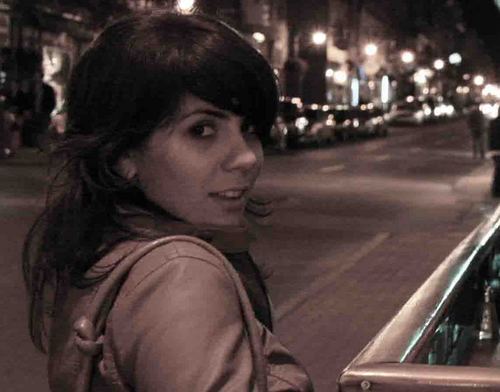Original Article from BBC:
Rick brands MTV win 'ridiculous'
Eighties pop star Rick Astley has branded his surprise victory in the best act ever category at the MTV Europe Music Awards as "ridiculous".
The singer beat U2, Green Day and Christina Aguilera to the gong, which was voted for by the public.
He said: "I just felt it was a bit of a daft award.
"How can you present the best act in the world ever especially when you've got Paul McCartney on the show as well? It was just a bit ridiculous."
Although he played down the victory, the singer said he was very pleased that the public had voted for him.
"They mentioned the phrase "rickrolling" (a phrase coined after his hit Never Gonna Give You Up was hidden behind a variety of fake web links as an online prank) last night and I think MTV were thoroughly rickrolled," he said.
"I really appreciate all the guys that did vote for me but I also feel for all the artists who got rickrolled a bit last night because there were obviously some people there that perhaps deserved it more than me.
"You've got people like U2 in that category and Christine Aguilera so it's a bit of a funny one."
Despite his famous win the singer said he had no plans to make a return.
He added: "I don't have the desire to come back with a new single. I still do gigs and sing my old tunes and pretend I'm 21 again for an hour which is nice.
The '80s pop star also admitted that he was a big fan of talent shows such as The X Factor.
He said: "The one thing I like about X Factor and those shows is the people are getting to say what they want.
"They're actually voting and it's down to them at the end of the day.
"I genuinely think Daniel (Evans) has got a lot of fans because what he does, he does well.
"It shows you can't decide what people want at the end of the day. You can try and ram it down their throats but you can't."

